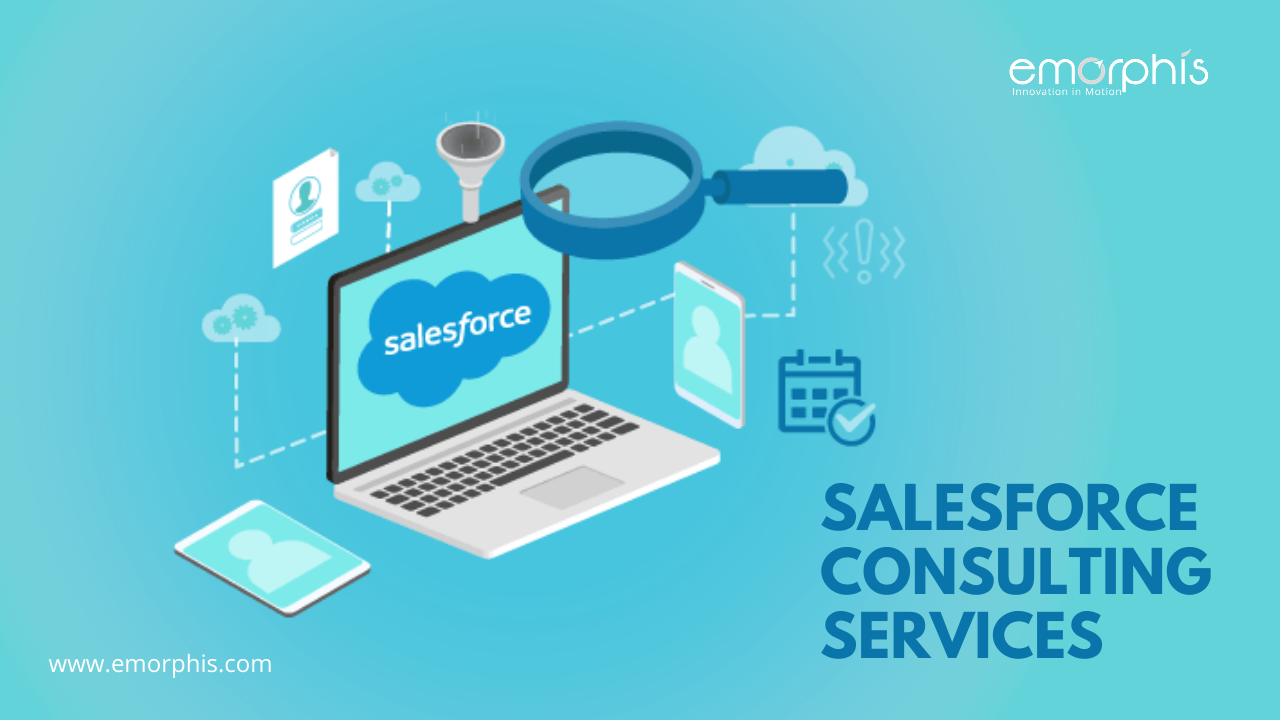
Capgemini revenues are the earnings of a company from services. Investors should be aware of this number as it is a measure of the company's financial health.
There are many ways to break down the revenue of a company into different categories. These include technology, outsourcing, and consulting. Each of these categories has its own specific needs and challenges. These challenges are the reasons why a company's revenue fluctuates from year to year.
IT Consulting
IT consulting refers to advising companies how to use information technology in solving business problems. This can cover everything from business processes and computer software.
This type of consulting helps companies gain competitive advantage by implementing new strategies or improving current ones.
Companies also have the opportunity to save money with IT systems.
IT consulting can be costly. It's expensive because it requires significant capital, time and effort to implement new technology.

IT companies often charge a flat rate for their services. This allows them to avoid having to pay for extra expenses, such as equipment upgrades and training.
Additionally, IT consulting companies typically offer access to a broad range of software for their customers, including programs that automate tasks.
IT consulting firms may also be able to offer wide-ranging skills such as data analysis or specialized expertise in specific areas. This can increase their sales and profits.
On the other hand, some IT consultants specialize in one area of the technology industry such as banking and healthcare. These companies offer many services, including data analysis and cybersecurity.
The IT consulting market has seen strong growth in recent years, and there are many different types of IT consulting services. Some of these include strategy & transformation, digital and cloud services, and data analytics.
Capgemini, one of the most renowned IT consulting firms, is one of its best. This company offers IT services to companies around the world, with a focus on Europe and America.
This company has a large employee base and employs people from various countries. Its headquarters and head office are in Paris.

Its revenues are primarily from the United States, Europe and Canada. It also has offices in other countries.
It employs over 6 000 people in the United States. It is a member the Fortune 500.
The company is also present internationally and has operations in Canada, Australia and the United Kingdom.
Zippia offers many different jobs in this company. This site provides information about each job, including details about salary, benefits, political affiliations, as well as other relevant details.
This site includes information such as your career history, job requirements, etc. that can help you decide whether this is the right profession for you.
IT Consulting
Since businesses are now accepting technology, the IT consulting sector has grown in recent years. This has led to a flood of new services such big data, artificial intelligence, and other related areas.
FAQ
How does consulting differ from freelancing?
Freelancers, who are self-employed and provide services to clients without the need for employees, are independent contractors. They generally charge an hourly rate depending on how long they spend on a client project. Consultants typically work for agencies and companies that employ them. Their salaries are usually paid monthly or annually.
Freelancers tend to have more flexibility than consultants because they control their work hours and set their own prices. Consultants often offer better benefits such as vacation days and retirement plans, health insurance, and vacation days.
Why would a company pay a consultant?
A consultant provides expert advice on how to improve business performance. They aren't there to sell your products.
A consultant assists companies in making better decisions by offering sound analysis as well as suggestions for improvement.
Consultants often work with senior management to help them understand how to succeed.
They also offer leadership training and coaching to ensure that employees are able to perform at their best.
They could advise businesses about reducing costs, streamlining processes and increasing efficiency.
What are the different types of jobs available for consultants?
Consulting requires an in-depth understanding of operations and business strategy. You need to be able to comprehend how businesses function and how they fit in with society.
To be successful as a consultant, you must have strong communication skills and an ability to think critically.
Consultants need to be flexible as they might be assigned different tasks at different times. They should be able change direction quickly, if required.
They should be prepared to travel extensively in support of their clients. This kind of work can take them around the world.
They need to be able and able to manage pressure and stress. Consultants might sometimes have to meet tight deadlines.
Consultants might be required to work long hours. This could mean that overtime may not always be paid.
Why would you want to hire consultants?
There are many reasons to hire consultants.
-
Perhaps your company has a specific problem or project you need to address
-
You want to improve your own skills or learn something new
-
You want to work closely with experts in a certain field
-
No one else is available to take on the task.
-
You feel overwhelmed with all the information you see and don’t know where it is.
-
You can't afford to pay someone full-time
You can find good consultants by word of mouth. Ask your friends and colleagues if they know of any trustworthy consultants. Ask your friends and family for referrals if you know someone who is a consultant.
If you choose to use online directories such LinkedIn, make sure to use the "Search People” function to locate consultants in your area.
How do I become a successful consultant?
Finding a passion area is the first step. First, build relationships. It is crucial to learn about your clients and understand their needs. Finally, you must deliver results.
While you don’t necessarily have to excel at every task, you should be better than all the rest. It is important to be passionate about what you do. It isn't enough just to say, "I'm going to be a consultant." You must really believe in yourself and what you're doing.
Statistics
- Over 62% of consultants were dissatisfied with their former jobs before starting their consulting business. (consultingsuccess.com)
- 67% of consultants start their consulting businesses after quitting their jobs, while 33% start while they're still at their jobs. (consultingsuccess.com)
- According to statistics from the ONS, the UK has around 300,000 consultants, of which around 63,000 professionals work as management consultants. (consultancy.uk)
- According to IBISWorld, revenues in the consulting industry will exceed $261 billion in 2020. (nerdwallet.com)
- My 10 years of experience and 6-step program have helped over 20 clients boost their sales by an average of 33% in 6 months. (consultingsuccess.com)
External Links
How To
What is a typical day for a consultant?
Your work type will determine the length of your day. You'll spend your time researching new ideas and meeting clients.
You will often have meetings where you discuss issues and problems with clients. These meetings can be conducted over the phone, by email, face-to-face, or online.
Sometimes, you may be asked to create proposals. These are documents that outline your ideas and plans for clients. You will need to discuss these proposals with a mentor or colleague before you present them to clients.
After all the preparation, you'll need to start creating content. You might be creating articles, videos, editing photos, writing interviews, or designing websites.
Depending on the scope of the project, you may need to do some research in order to gather relevant statistics or figures. For example, you may need to find out how many customers you have and whether they are buying more than one product or service.
Once you have all the information needed, it is time for clients to see your findings. You can present your findings verbally or in writing.
Finally, you must follow up with clients after the initial consultation. For example, you could call your clients periodically to check how things are going. Or send them emails asking them to confirm they have received the proposal.
This is a long process that can take some time. However, it is crucial to stay focused and to maintain good relationships.